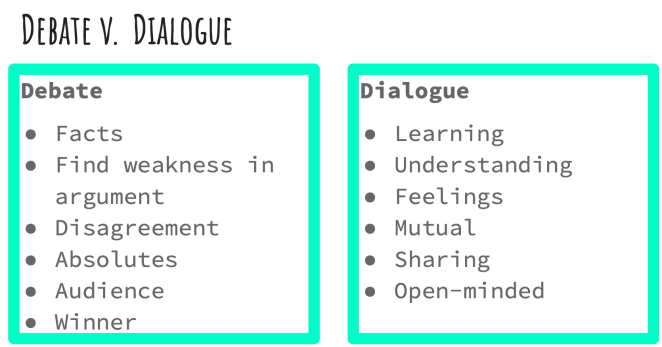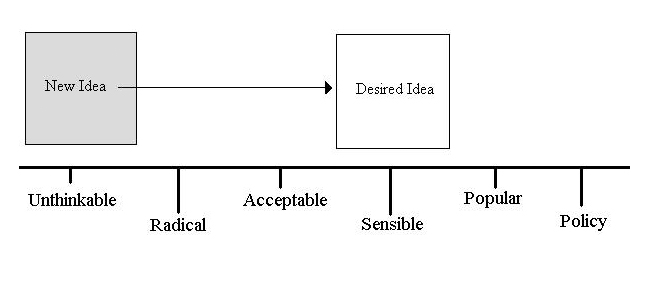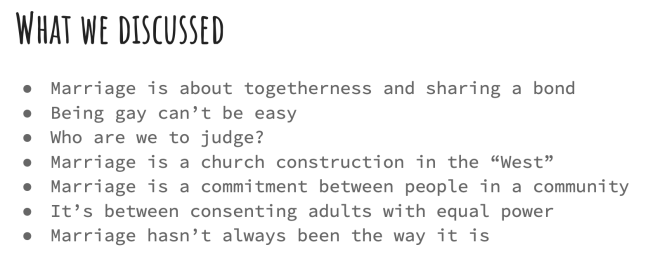Welcome to the first meeting of the monthly ‘Faith’ group where we look to establish a way to become an even stronger community in Todmorden, willing to engage constructively with matters of faith. But first:
Is faith relevant today?
What does faith actually mean to you, to others?
One aspect of any successful community is that willingness to discuss openly with all; hence, this group is “explicitly inclusive“.

If you don’t agree – you are still welcome!
All we ask is that we engage in what others say, we don’t shut down the dialogue but allow our boundaries, our walls, to move, to expand.
We don’t have a name for the group as yet – we purposely didn’t choose a name as we’d invite you to choose that – it’s all part of ownership!
This is not about just dialogue either – as faith is about action, it certainly drives me every day. My faith, through a Rule of Life, is the framework for my day, my life.
so,
where could we be a force for change, a movement to help care, listen and support others here in Todmorden and/or beyond?
At our first meeting we will be looking at ‘courageous conversations‘. Here we will look at how we debate or dialogue. If we look at the Brexit ‘debate’ everyone is looking to ‘win’ their argument, throwing ‘facts’ at each other until the other side concedes. There doesn’t appear to be much compassion or understanding for the other side, moreover, we could use the term opponent rather than friend or colleague. It is all about the win.

What about if we could engage in the discussion so that we sought to understand the other person’s opinion? We might then follow where they are coming from, what lies as their root of belief and our understanding of the situation might shift. The window of mutual understanding could be described as the Overton Window. This window can shift when we dialogue with each other; it might even mean that we change our own understanding!

What we initially think as crazy can become rational and sensible, but only if we actively engage with the opinions of others. There has to be some intentionality about this process.
Our question of the session is:
How do you feel about same-sex marriage?
We want to explore what people feel and, through dialogue, tease out what makes us think as we do, possibly even change our opinion. That is the objective – No, not change your opinion – your opinion is your own. But are we willing to engage and see if our opinion holds sufficient water, and if not, consider if it can change.
In the USA, especially given the ‘far right – evangelical’ wing of the Church the mood towards same-sex marriage has swung considerably over the last 2 decades up until 2013. Here’s a graph from the Five Thirty Eight statistics team.

The Overton window changed through dialogue.
What about some historical facts about marriage? Scripture is often used to support marriage between one man and one woman but upon inspection this looks a little sketchy*. But where exactly does faith impact on our beliefs with same-sex marriage?
- In Roman times, marriage involved a dowry payment, and with 3 or more children, the woman was afforded enhanced freedoms.
- In the Old Testament there are at least 6 permitted forms of marriage, for example: Adam and Eve; Genesis 38 Levirate Marriage (marry your brother’s widow); Deuteronomy 22:28-29 (virgin automatically becomes wife of her rapist); Numbers 31:17-18 (male victorious soldier entitled to take virgins for his wives); Deuteronomy 21:11-14 (soldier can take a woman, shave her head, cut her nails to signify marriage); Polygyny was also acceptable.
- In the New Testament, Luke describes marriage as one that will not exist within the Kingdom of God; the apostle Paul deems it ‘second-class choice’ with men seeking celibacy: marriage was a form of controlling lust and passion.
- Augustine (4th Century) said it offered 3 ‘goods’: sex within marriage, children and an unbreakable bond between the couple.
- Gratian (1140) added that sex consummated the union. What if you marry later in life, or can’t have children, or don’t want children?
- Hardwicke’s Marriage Act (1753) restricted marriage to be within the Church of England.
- Lord Penzance, a Victorian judge, decreed that “Marriage is the “union for life of one man and one woman, to the exclusion of all others” (1866).
- Married Woman’s Property Act (1881) redefined woman as chattels or property.
- Homosexuality, a word only coined in the 1860s, was decriminalised between 1967-82 in the UK.
- Civil marriage of same-sex couples (2013)
We discussed how society had framed marriage but was it contextual, for that period? and it may be constantly changing. We talked about (the lack of) equality and how women were ‘chattels’ but how still some people wanted that to stay as it was – why was that? Rather than dismiss this, it would be good to return to that issue and delve deeper. To summarise our discussions:

Possibly the Church might want to listen to the LGBTQIA community and see that love is such a powerful force, and look to reduce the stipulations that deny marriage for everyone – it is just an opinion, but one forged through such courageous conversations.
What next?
What could we discuss next month? Why not email me at deaconbobstoner@icloud.com? What name could we have for the group? The suggestion of #kindnessvortex speaks of a kindness, love and faith in a wonderful spiralling dance – does that describe Todmorden? But we also remember our friends in Hebden Bridge and Burnley – this is inclusive!
We’ll meet at Kava on Sunday 3rd March at 4pm until 5pm – thank you so much to Kava for opening up after they shut and being so hospitable and welcoming!
- Bishop Alan Wilson, More Perfect Union?, (London : Darton, Longman and Todd, 2014)

One thought on “Todmorden Faith : Same Sex Marriage”